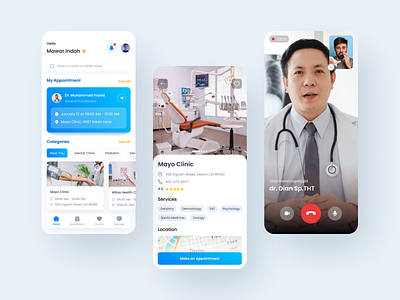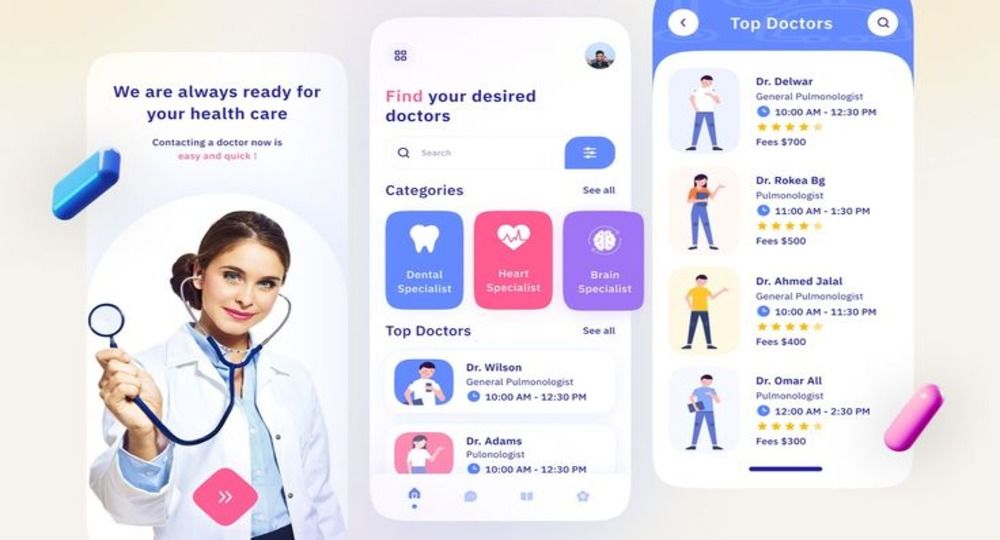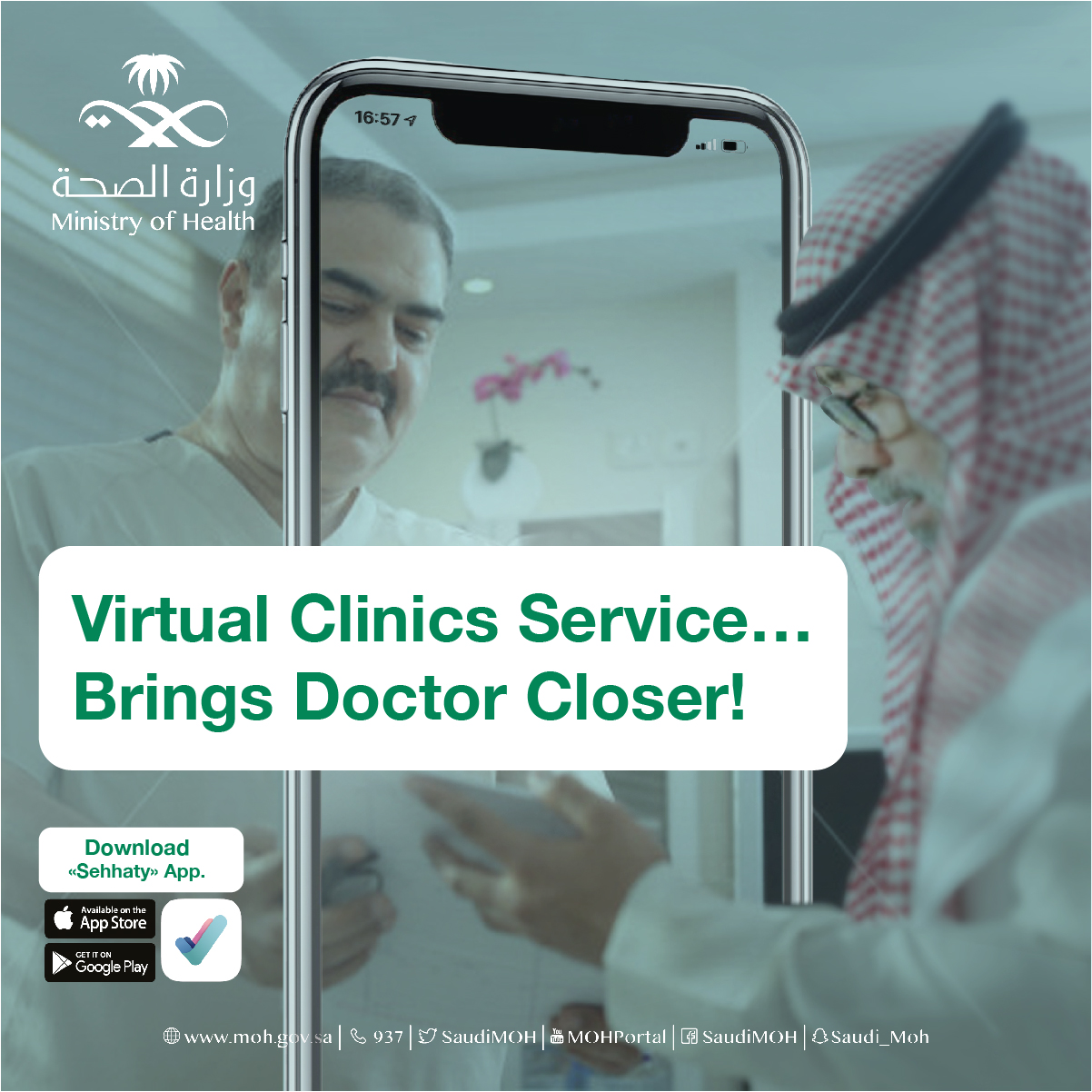Ideal Practices for Creating a Mobile App for Clinics That Fulfills Patient Demands
Ideal Practices for Creating a Mobile App for Clinics That Fulfills Patient Demands
Blog Article
The Future of Medical Care: Why Clinics Need a Mobile Application Today
As the medical care landscape continues to progress, centers deal with placing stress to adjust to client expectations for greater comfort and ease of access. The assimilation of mobile applications can offer as an essential method for enhancing patient involvement and streamlining operations.
Changing Client Assumptions
As the landscape of health care evolves, client assumptions are undertaking a significant improvement. Today's people are significantly looking for benefit, accessibility, and personalized treatment. With the increase of innovation, especially mobile applications, people currently anticipate a smooth assimilation of medical care solutions into their day-to-day lives. They prefer the capacity to handle visits, gain access to clinical documents, and communicate with health care service providers with their smartphones, showing a shift in the direction of a much more proactive method to wellness management.
Moreover, individuals are ending up being extra educated and equipped, usually investigating conditions and therapies on-line before consultations. This increased recognition is coupled with a demand for transparency in medical care processes, including price estimates and treatment options. Because of this, providers are obliged to adjust by taking on digital tools that enhance the person experience.
The expectation for efficient and prompt interaction has never ever been higher, with several people thinking about responsiveness an important element of top quality treatment. mobile app for clinics. In this advancing landscape, health care organizations must recognize these transforming assumptions and utilize mobile applications to foster an extra patient-centric technique, making certain that they not just meet yet go beyond the requirements set by today's informed consumers
Enhancing Patient Engagement

Mobile applications promote communication between clients and doctor, making it possible for real-time visit organizing, pointers for medication adherence, and direct messaging attributes. These functionalities not only enhance benefit yet likewise construct a feeling of responsibility amongst clients. Mobile apps can offer educational web content tailored to specific requirements, helping clients better understand their conditions and therapy alternatives.
The assimilation of gamification aspects within medical care applications can also inspire patients to involve in healthy and balanced actions, reinforcing favorable way of life changes. Inevitably, improving individual engagement with mobile applications leads to boosted wellness outcomes, higher individual satisfaction, and a more collaborative health care experience.
Improving Clinic Workflow
Enhancing center operations is vital for improving process efficiency and maximizing individual treatment. The implementation of mobile applications can considerably minimize management concerns, permitting medical care providers to concentrate extra on individual interactions. By automating appointment scheduling, person check-ins, and billing procedures, clinics can lessen wait times and enhance overall operational effectiveness.
Mobile applications likewise facilitate real-time access to client Resources documents, making it possible for healthcare experts to make educated decisions promptly. This immediacy not just enhances the quality of treatment however also lowers the likelihood of errors connected with lost or outdated information. Leveraging mobile technology sustains a much more orderly strategy to taking care of person follow-ups and therapy strategies, making certain that no vital steps are forgotten.
This allows for prompt replenishment and aids avoid disturbances in client treatment due to stock shortages. By integrating these performances right into their daily operations, centers can produce a much more effective and natural environment, ultimately leading to enhanced patient results and complete satisfaction.
Improving Communication Networks
Efficient interaction is regularly mentioned as a foundation of top quality health care delivery. In today's fast-paced clinical setting, mobile applications can significantly improve communication channels between clinics, patients, and health care suppliers. By incorporating mobile applications right into find their procedures, clinics can help with real-time communications, ensuring that clients get prompt information concerning their appointments, examination outcomes, and therapy strategies.
Mobile apps additionally empower patients to interact straight with their health care groups via secure messaging functions. This direct line of interaction fosters a sense of involvement and permits instant explanation of issues, which can result in better adherence to therapy methods. Moreover, press alerts can advise clients of upcoming consultations or medication routines, reducing no-show rates and improving total wellness results.

Remaining Affordable in Health Care
In a rapidly evolving health care landscape, organizations need to focus on technology and flexibility to keep an one-upmanship. The combination of mobile applications into healthcare solutions is no more optional; it is crucial for centers intending to improve person engagement, improve procedures, and boost total solution distribution.
As people increasingly depend on digital platforms for health and wellness administration, facilities that fail to embrace mobile technology risk falling back. A properly designed mobile app can use attributes such as appointment scheduling, telemedicine assessments, and access to medical documents, supplying patients with convenience and top article fostering commitment.

Competitors are likewise buying mobile services, so remaining in advance calls for continual improvement and remaining notified about technological innovations. Centers need to not just implement mobile applications but additionally participate in normal updates and refinements. Eventually, the effective assimilation of mobile innovation will certainly distinguish forward-thinking healthcare companies and set the benchmark for patient-centric treatment in a digital world.
Conclusion
In conclusion, the combination of mobile applications in facilities is important to address the evolving landscape of person expectations. Ultimately, the strategic implementation of mobile applications represents an important step toward providing personalized and obtainable healthcare, thereby meeting the requirements of today's equipped patients.
Eventually, improving patient involvement via mobile applications leads to boosted health outcomes, better patient complete satisfaction, and an extra collaborative medical care experience.Mobile applications also facilitate real-time accessibility to individual documents, allowing health care experts to make informed decisions swiftly. In today's busy medical setting, mobile applications can substantially boost interaction channels in between facilities, patients, and healthcare companies.Mobile applications likewise empower individuals to communicate straight with their medical care teams via safe and secure messaging features. Ultimately, the strategic implementation of mobile applications stands for a critical action towards supplying individualized and available medical care, thus satisfying the demands of today's equipped individuals.
Report this page